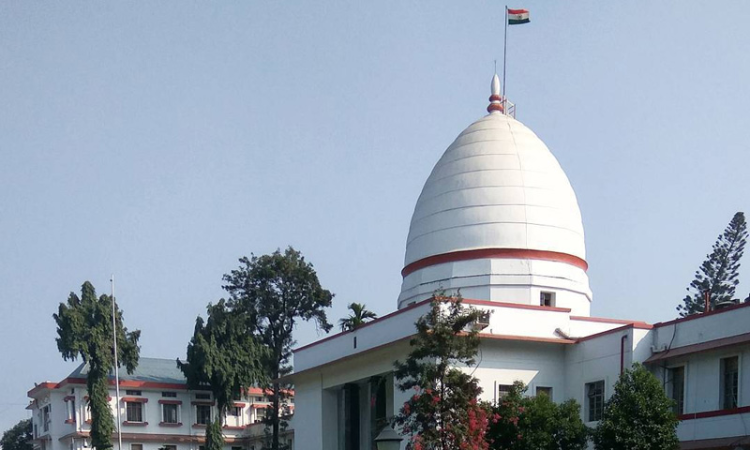Criminal Trial- How To Prove Contradictions? Gauhati High Court Answers
LIVELAW NEWS NETWORK
14 Sept 2021 1:08 PM IST

Next Story
14 Sept 2021 1:08 PM IST
The Gauhati High Court recently upheld the order of a trial court wherein it had rejected a plea on the ground that the defence side had failed to prove the contradictions of the witnesses in accordance with law. While examining the validity of such conclusion recorded by the learned trial court, the division bench of Justice Suman Shyam and Justice Robin Phukan relied on Section 145 of...
